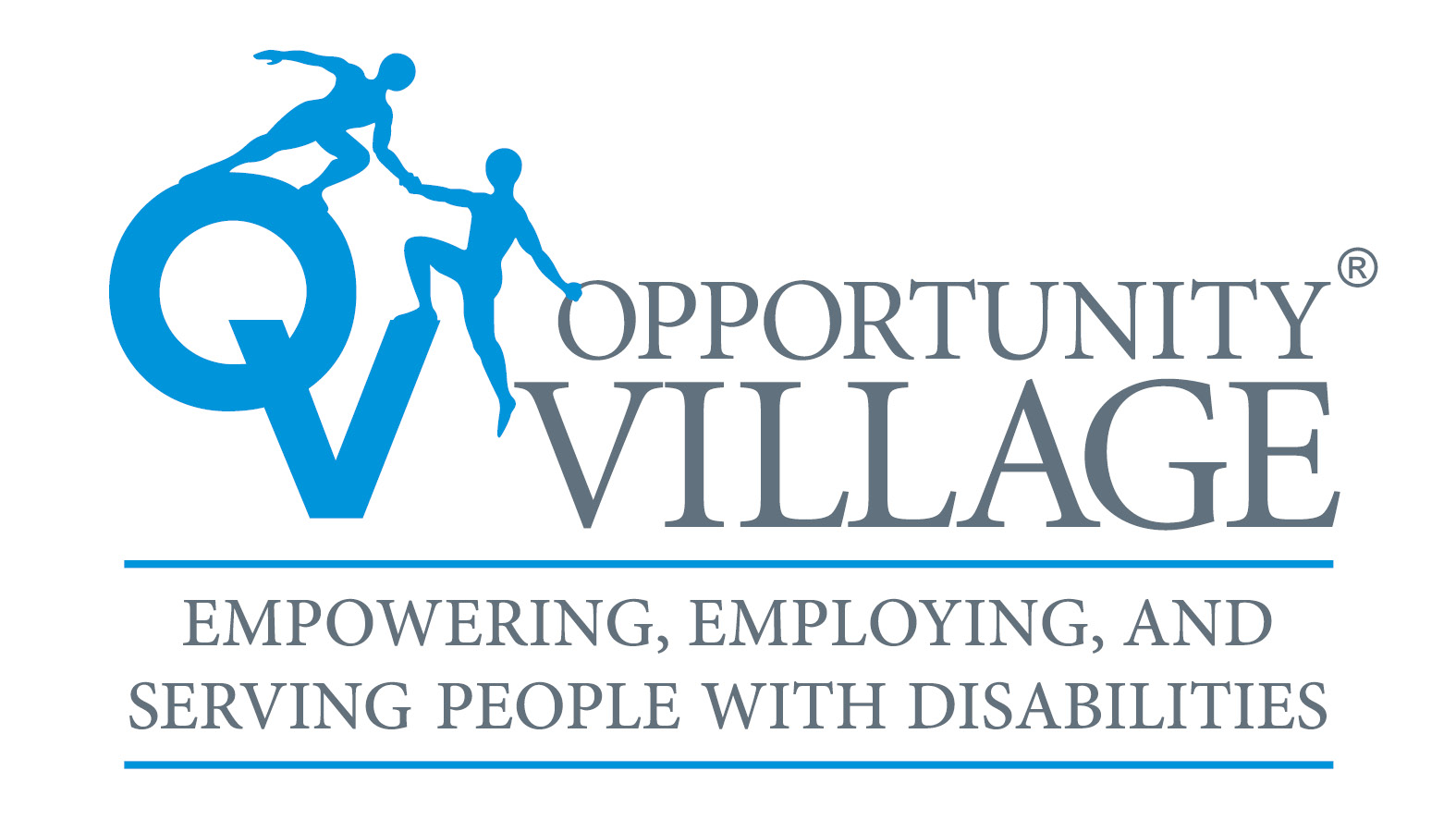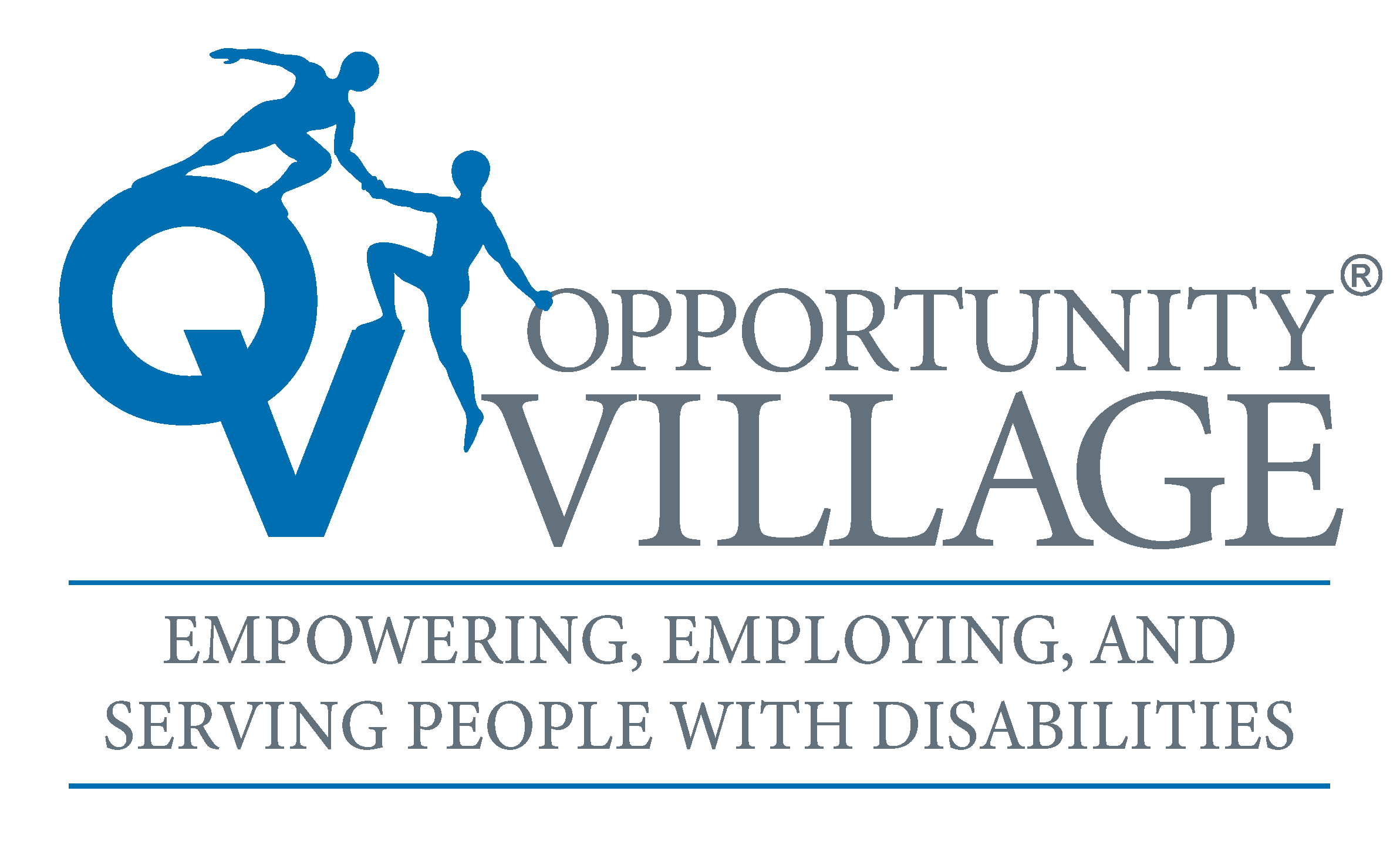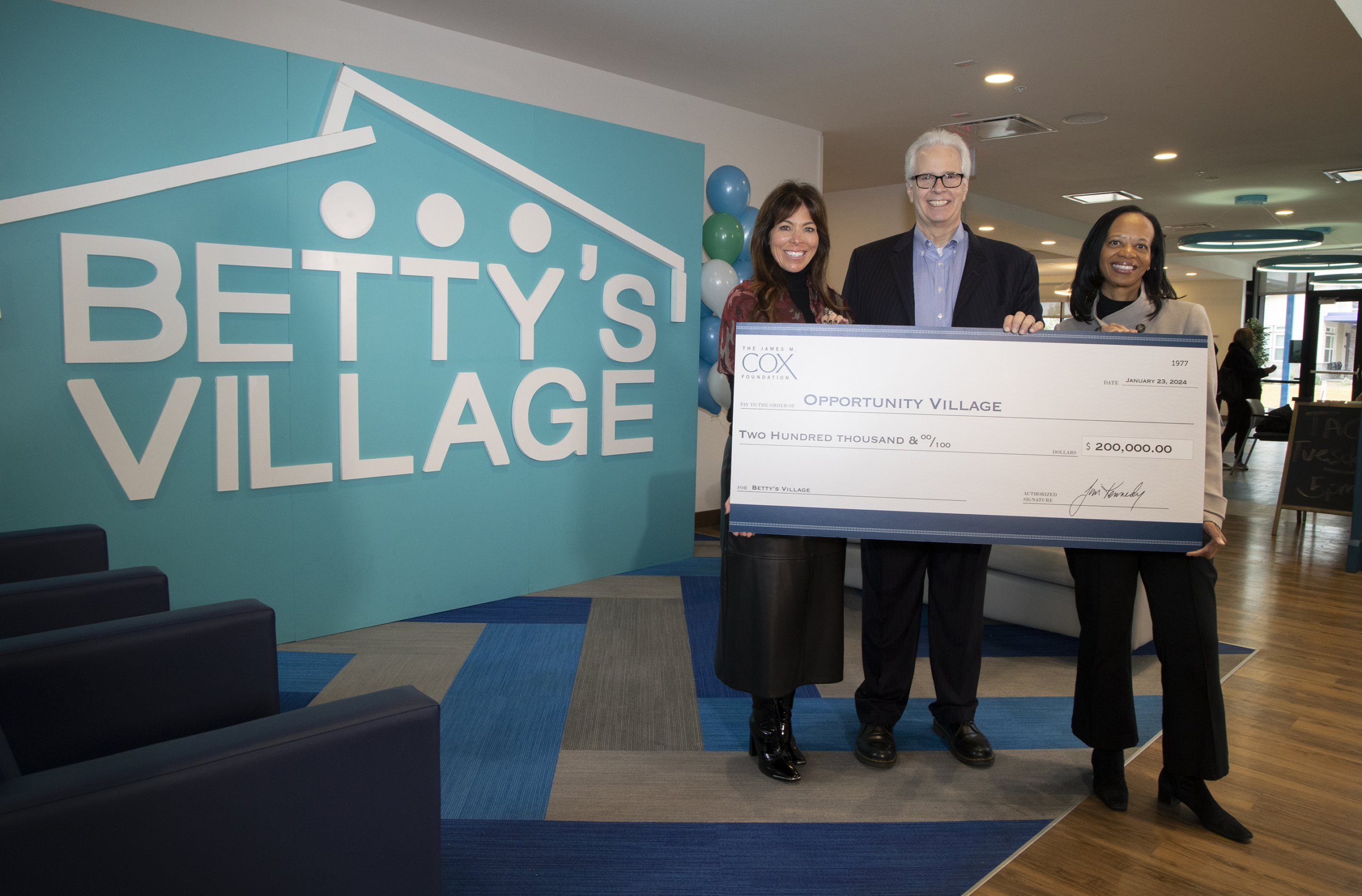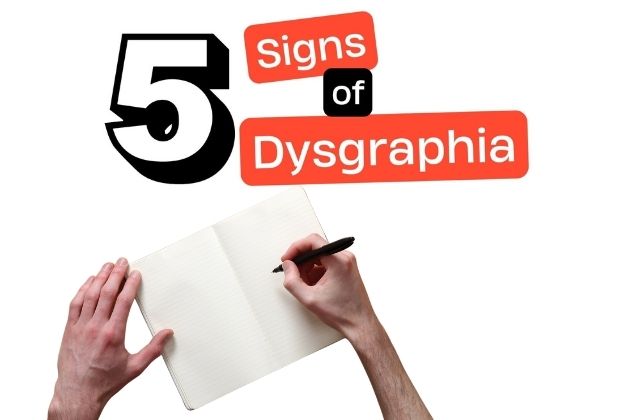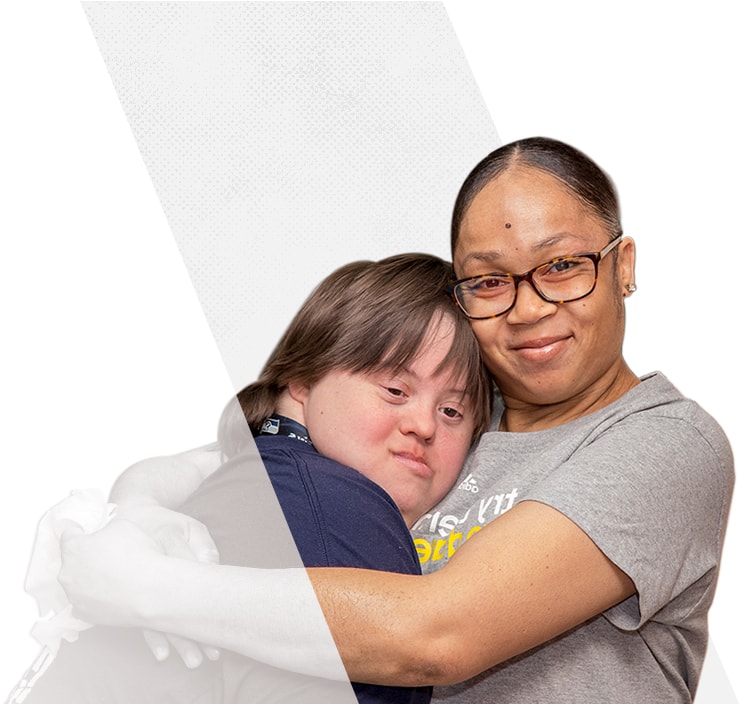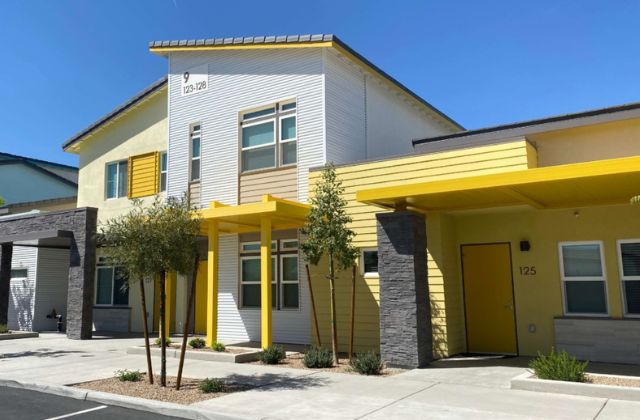
Independence and the ability to live a full and fulfilling life is a goal for families of adults with disabilities everywhere.
One huge stepping stone to the independence goal is finding the right place to live.
Housing for adults with disabilities is not a “one-size-fits-all” thing. What works for one individual and their family may not work for another, so it’s important for families to get acquainted with all of the different options out there before deciding what may be the best fit.
The Different Housing Options Available For Adults With Disabilities
When choosing the right housing fit, there are a lot of different considerations to make. Is this a short-term care option? A long-term care option? What are accessibility options like? Are there recreational activities available? Is meal planning something you’re interested in? Would you prefer the option of self-prepared meals? What is safety and security like? There is a housing option for every individualized need.
Home With A Family Member
Remaining at home with a parent or family member is one option that adults with disabilities have.
While some may believe that this hinders independence, this doesn’t have to be the case. Depending on skill or ability levels, these individuals can attend day habilitation, join vocational programs, pursue a job they love, or explore their independence in other ways.
Living at home with a family member can be a more permanent living situation, or it could be a solution as the individual readies themselves for another housing option in the future.
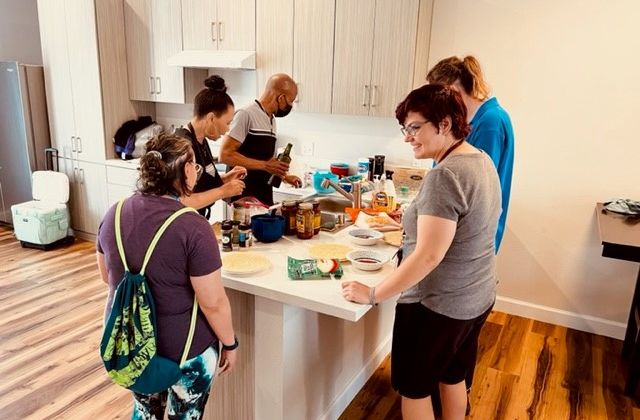
Group Homes
Group homes are an option that offer structure, social outlets, monitored independence, personal assistance, and room and board all in one. These homes may even offer transportation to and from work, vocational programs, day habilitation programs, or appointments.
For families of adults with disabilities, that balancing act between safety and security and the need for independence can be a difficult one to manage. Group homes offer a homelike environment with appropriate responsibilities, peer interaction, direct support, and more.
Residents will have their own rooms, along with shared spaces that can be used for social interaction, activities, or working on various skills and hobbies.
Assisted Living Center
There is quite a bit of overlap between group homes and assisted living centers, but these are not one in the same. Group homes are more suitable for individuals who may have some needs, but don’t require advanced care. Assisted living centers are for those whose needs require a bit more care.
They both provide a social environment, supportive care, and a safe housing option.
Generally, a group home is just that – a space comprised of “roommates” who live with general independence along with some on-site help. In an assisted living center, individuals will typically reside in their own apartments as part of a larger overall complex, with direct support professionals available that may help them with both skilled and unskilled care. Professionals may come in to aid individuals with tasks like cleaning, bathing, eating, or taking medications.
Skilled Nursing Facility
Adults with disabilities who require skilled care around the clock may fit best in a skilled nursing facility. Often, families may try to provide this care in-home, only to realize that their loved one really benefits from the skill and structure only these facilities can provide.
Skilled nursing facilities can be one of the pricier options for families, but may be covered by Medicaid or other insurance options.
Adults in skilled nursing facilities have constant care and supervision provided to them by skilled nurses and support staff.
Independent Living Campus
An independent living campus, like Betty’s Village, is like its own small neighborhood community just for adults of different abilities.
When it comes to housing for adults with disabilities, this option provides the most independence while still adhering to ADA guidelines, emphasizing social interaction and a sense of community, building connection to the broader neighborhood, and assistance with things like day programs, transportation, and job opportunities.
In Betty’s Village, residences are designed like townhomes, with each facing to the center of the campus community. The central Clubhouse features a gym, pool, and spa for activity and social interaction, as well as space to host outside groups to connect Betty’s Village with the larger outside community as a whole.
Every residence features a covered front porch that leads out to safe sidewalks for easy traveling around the campus grounds.
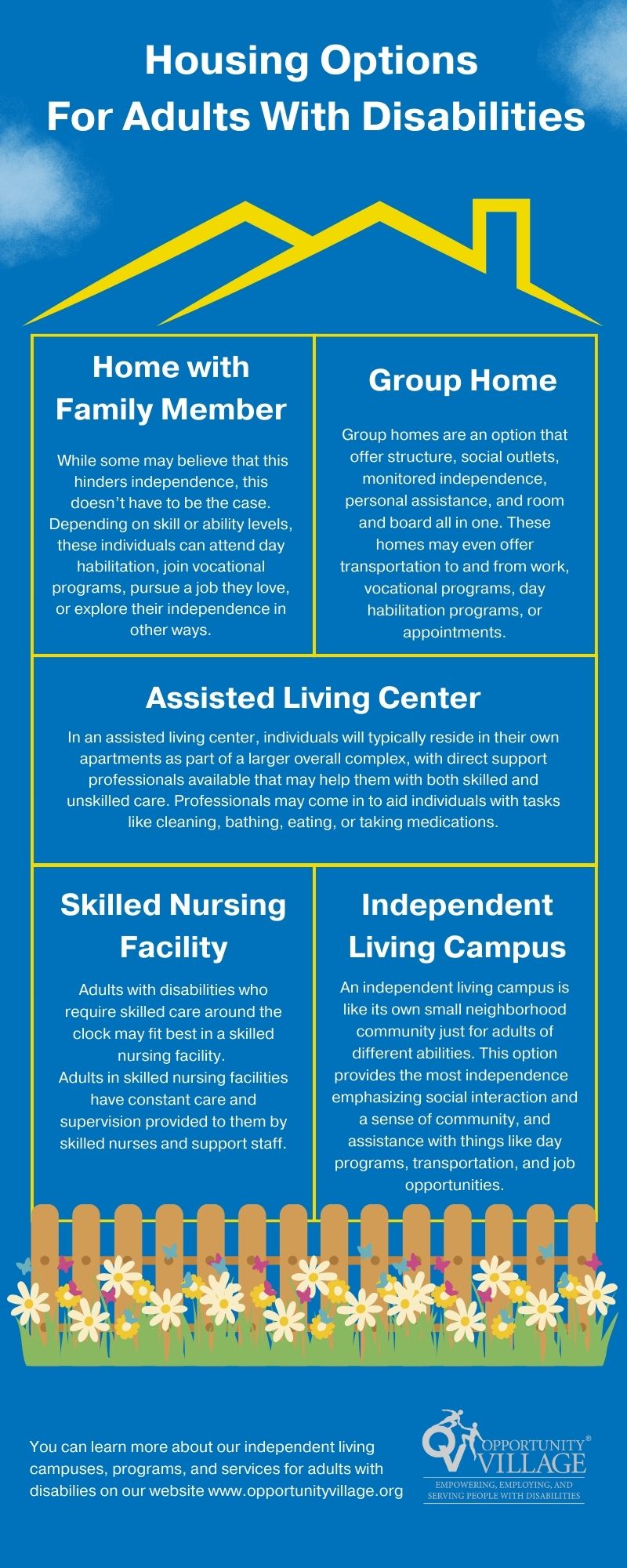
Deciding Which Option Is The Best Choice
For caregivers, picking which housing option is the best fit can be a challenging decision. A few questions that caregivers can ask themselves are:
· Is living in the family home feasible? – Not all families find that living in the family home is feasible for their loved one. Perhaps they require more care than what can be provided, perhaps they need specialized care, or perhaps families aren’t able to be home often enough to provide the monitoring necessary for safety through independence.
· Is my loved one able to live independently? – Independence can have a different meaning for different people. Adults with disabilities who are able to live and take care of themselves without much intervention may be better suited to a campus like Betty’s Village, while for another with more specialized needs, assisted living may be a better independent living fit.
· What resources are needed? – The types of resources your loved one needs will be a big determining factor when it comes to housing. For around the clock care, a skilled nursing facility would be best. For occasional minimal care, a group home may be the better choice.
· What type of assistance is needed daily? – Different housing for adults with disabilities options involve different levels of assistance. Making sure your loved one gets the assistance they need, while still allowing the independence they’re comfortable with, is important.
· What best fits your financial situation? – The cost will vary when it comes to housing options. One of the priciest is nursing facility care, while a group home is far more affordable. There are insurance and financial assistance programs that may help to offset the cost to ensure you’re able to choose the best fit.
An independent life is a fulfilling life for many adults with disabilities. We understand the important role you, as caregiver, play in making the right choice for your loved one. You can learn more about our independent living campus, Betty’s Village in Las Vegas, and our newest campus under works, the Opportunity Village Northwest Community Campus and Residential Projects.
